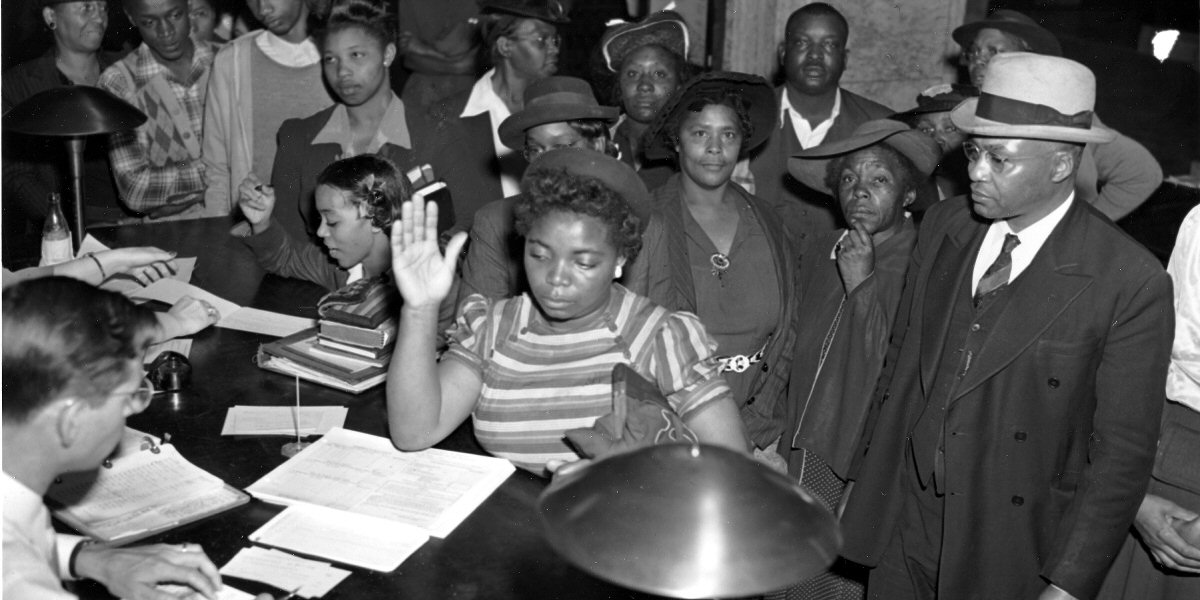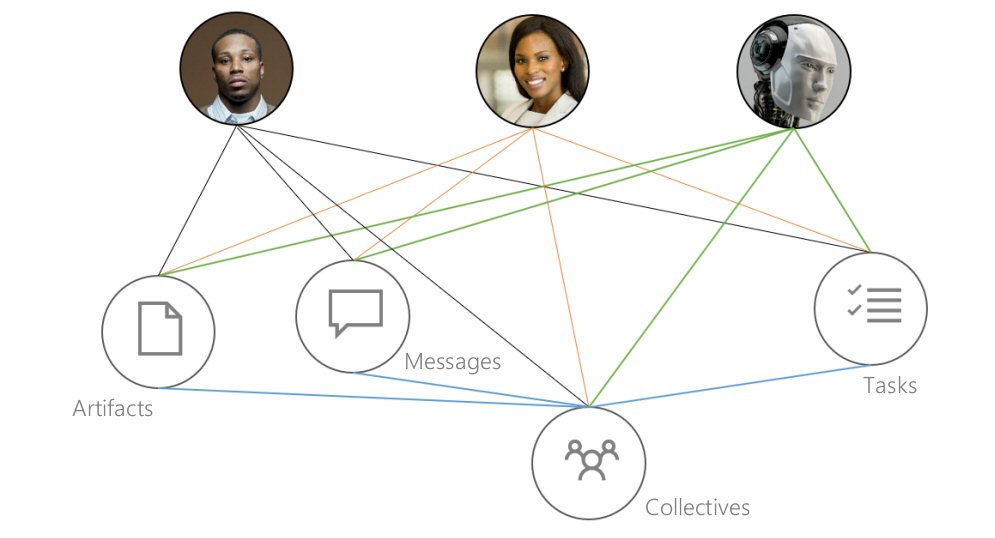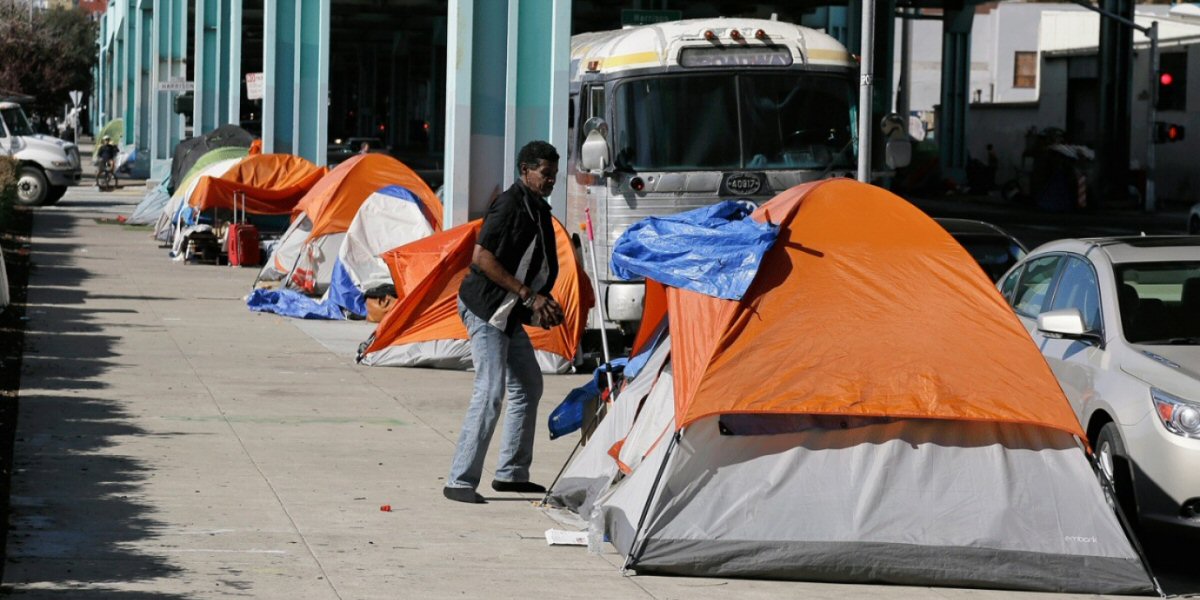Implementing Product Service Systems to Help Urban Entrepreneurs Create Multiple Value Streams

If we look at growth traps inhibiting the expansion of black economic development, the biggest factor is the simple basic offering of products and services by black entrepreneurs. Merchants operate on a cash-basis of handing over cash in exchange for a tangible (product) or an outcome (service). This simplistic linear approach to doing black business in the black community creates deterioration and failure due to the laws of diminishing returns and lower margins against variable costs of time and material for cost of goods sold.
The black community cannot survive off merchants offering simple product and service offerings. In the 21st century with multiple economic channels from membership economy to sharing economy and mobile-first, black entrepreneurs have to create more complex value creation through a mix of products or services using a product service system.
Linear Examples of Hood Businesses
Beauty Salons. Provide an “outcome” service for a fee. Max ceiling on number of clients per day based on complexity of service request.
Boutique Shop. Provide a “product” for transaction. Hedges profitability based on market demand vs inventory availability against cost of goods sold.
In the black community whether it’s an auto mechanic, tax preparer or dining establishment – the black community either offers a singular product or singular service transaction model. The singular value creation business model is not sustainable with linear growth trap and maximum ceiling and limited scalability to grow. End of the day, while the clients and requests of black community entrepreneurs may change from time to time, the money is same day, same cash flow boring until either the entrepreneur or environment decide to move on and cease business operation.
Understanding Product Service Systems
A Product Service System or PSS is designing new product-service mixes where a product and services can be packages as a new value offering for clients. If we look at pure product offerings the product is manufactured, sold or leased to clients. If we look at pure servicing, tasks are performed or advice is provided on a subject matter.
With a PSS approach, entrepreneurs develop a package where a product is leased with maintenance tasks or support advice. Or a service can be offered on an access-basis based on per-unit or paid privileges such as a VIP priority program.
A PSS has three categories of value creation:
Product-Orientated. Create services to support a product or sell advice how to use a product to maximum benefit.
Use-Orientated. Allow clients to engage with products on a lease, share or pay-as-you go basis.
Result-Orientated. Subject matter experts and professionals leverage product to deliver a service for clients such as a party rental store provide specialty party setup services.
Our trip to Tokyo uncovered an urban metropolis driven by PSS value creation to support a complex economic ecosystem. For example, bars that not only serve drinks but facilitate the purchase and storage of drink for their clients. In other regions supported by major industries, PSS systems also are prevalent such as boutique hotels with guide tours or entertainment industries with media production and talent management firms being one and the same.
Black Community PSS Strategies
PSS strategies are critical to establish black economic development in the 21st century to accommodate mobile-first transactions and interactions. With mobile phones, customer like to make purchases to pick up later, reserve an asset for rent or sharing or download coupons to use the next time they visit a location.
For black community entrepreneurs, the following strategies should be considered:
Identify pure products and pure services. Write down exactly what you are offering as a product or a service that is transactional – meaning you get paid for it.
Understand the type of PSS offerings. Products are sold on volume and margin markups while services are based on time and effort. Think about what you can accommodate such as rent/lease products or provide enhance advice and experience for a service.
Create Product-Use-Result Packages. Move beyond pure product and pure service and regard them as base-level. Increase your value creation offerings by including mobile first tech such as click and collect, VIP membership services, priority access, published advice around your brand.
One mistake entrepreneur do is offer “extended warranty” and think this is a PSS system – it is not. Instead of looking at products as a “future support problem”, look at your products and services as an extension of your brand and an experience where the client see you as a stakeholder in extracting full benefit of the product or service.
How to Move Forward with PSS
We are going to need subject matter experts and consultants to advice entrepreneurs on establishing product service systems within their firm. A new type of consultancy that focus on black community enterprises will need to understand the dynamics of customers and merchants and use of mobile technology and payment instruments to match the best PSS fit for merchants to serve the community.
Platform PSS modeling will enable entrepreneurs to “productize” their services and offer products as a service through membership, time/space rental and distributed ledger technology - the technology stack is coming. Having a technology stack supporting PSS frees up entrepreneurs from the technical implementation challenges to focusing on the business model and facilitating PSS offerings to clients.
Overall, black communities and black entrepreneurship are be going through a major innovation Renaissance focusing on collective repositories and resources and a pattern of continuous improvement and virtualization with mobile-first paradigm shifts. Product Service Systems is another major component of creating compelling products and services to expand the depth of value offerings and make the new black business community more resilient as a result.





















